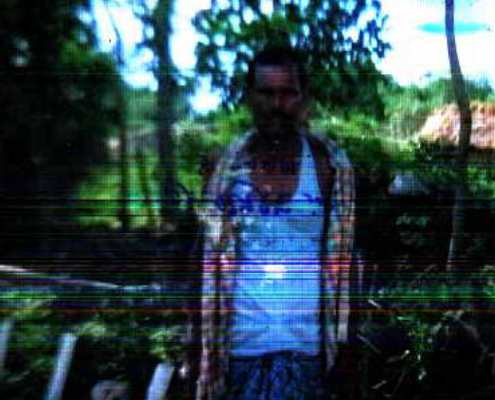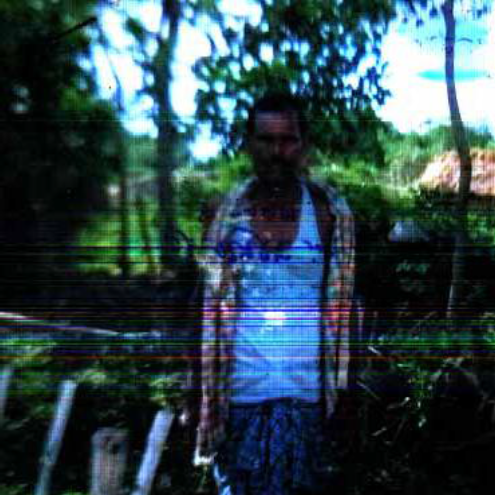Despite being educated only till Grade X, 48-year-old Partha Sarathi Mondal has immense practical experience in farming. He is always open to experimenting and practices research-oriented approaches to farming. This makes him opt for blending scientific and natural processes. He also encourages his fellow farmers to imbibe such practices. Because of this, his community refers to him as a scientific farmer.
Partha lives in the remote village of Galaichandi which faces the fury of nature as it is flooded almost every year. Excessive rains destroy the entire land, leaving the villagers in a state of dire poverty and misery. Partha is a member of the Village Farmers’ Community of IMSE. He has taken part in training courses, workshops, seminars, etc. organized by IMSE.
Established in 1973, the Institute for Motivating Self Employment (IMSE) works to strengthen grassroots level governance and effective participation of the poor, particularly women in the decision-making process. IMSE has been able to develop a network of more than 8,000 strong women groups in West Bengal, Odisha, and Jharkhand with village-level units in more than 700 villages in Eastern India. IMSE is one of the farmers’ organizations that are part of MTCP2 India.
Partha’s sustainable agriculture training gave him a ray of hope. He found a way to earn a good amount of profit from the land. With assistance from the IMSE activists, he collected a variety of rice from other parts of Birbhum. He also used green manure on his land and deployed the SRI system which costs less but results in a good profit.
Partha had four bighas of land, and recently, he purchased four additional bighas, so now he is the proud owner of eight bighas of land. He mostly cultivates rare varieties of paddy such as Govindabhog rice, scented rice, basmati rice, etc. He has powerful market linkages and thus, is updated about the current price of varieties of paddy. Further, in order to multiply his profits, he also cultivates a niche variety of dal which is not only good for the soil but fetches a good price in the market too.
After gaining experience, he spread the knowledge that he had gathered from these capacity-building programs among his fellow farmers. Looking at how well Partha is doing, many farmers from other villages approach him to seek his advice on cultivation.
Partha strongly believes in sustainable agricultural practices and wishes to visit Gujarat to get a first-hand experience of the farming and supply value chain activities of SEWA but unfortunately, right now this is not possible as language is a constraint because he does not understand Hindi, which is the language spoken in Gujarat. #





Comments are closed